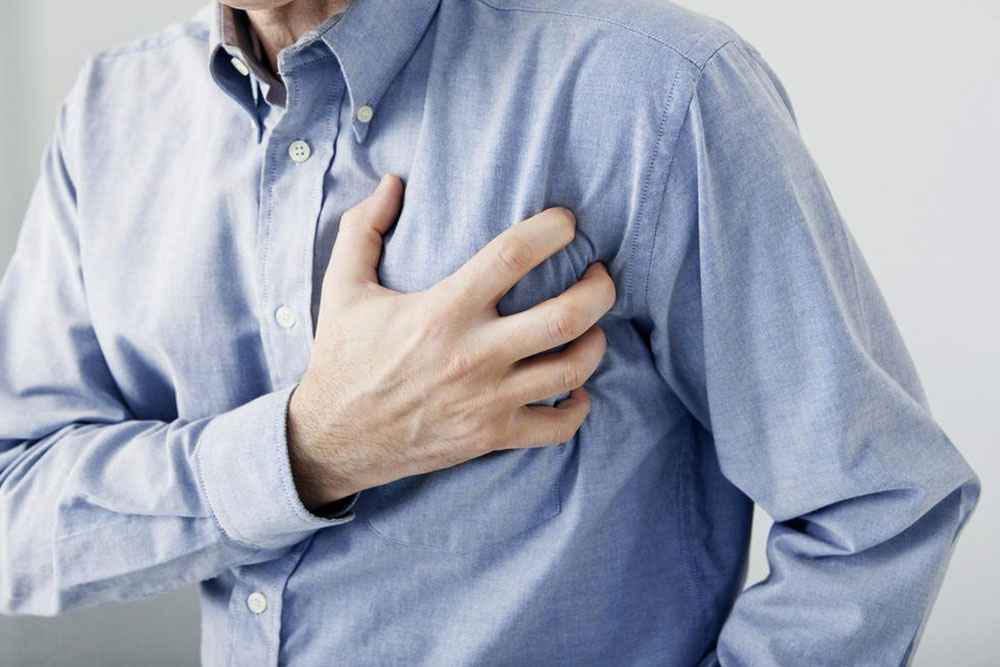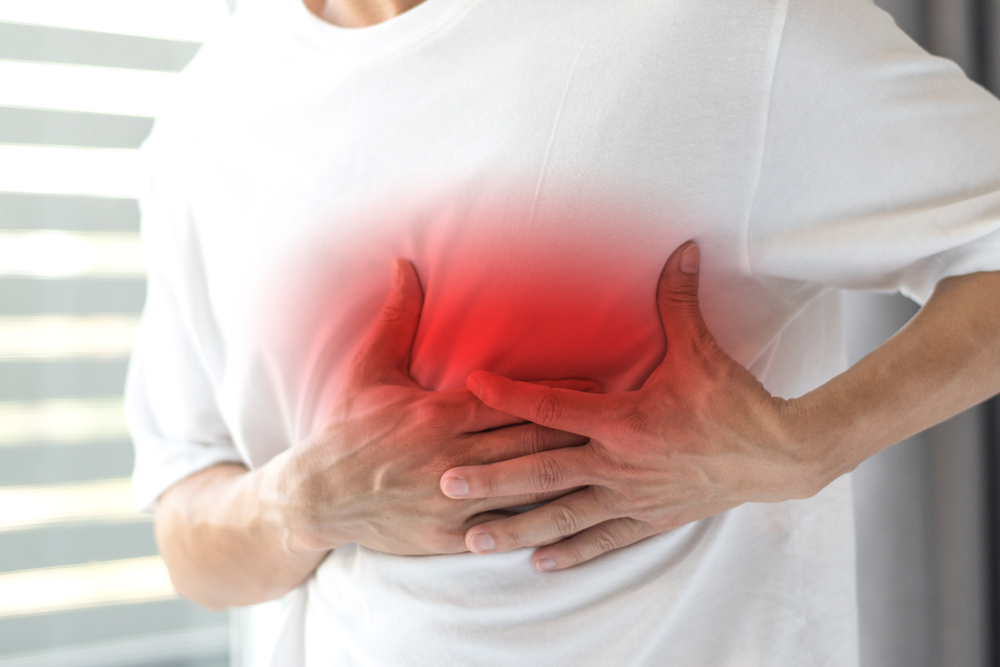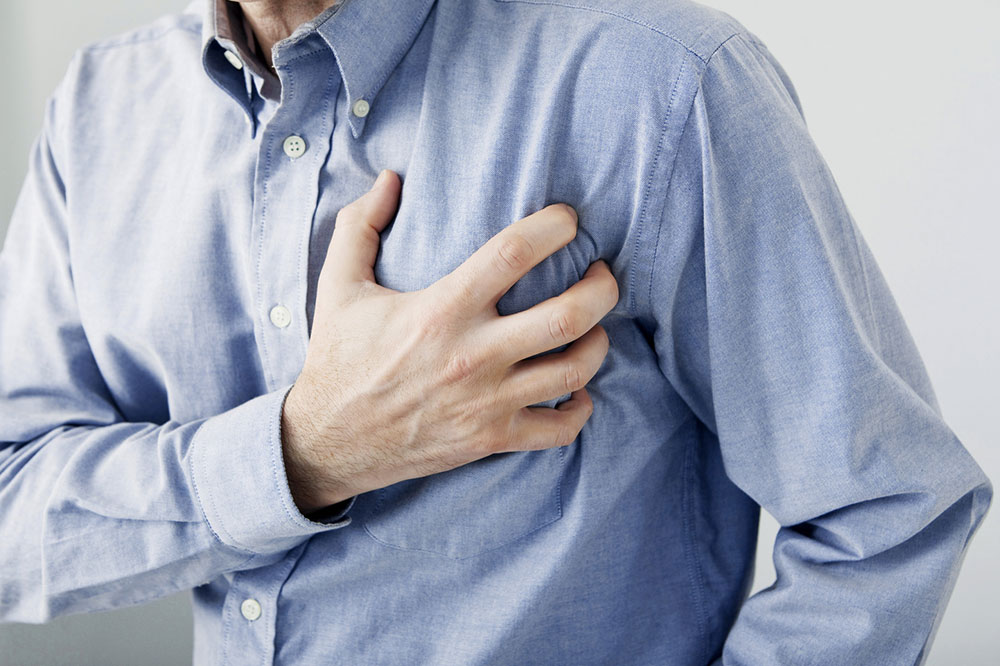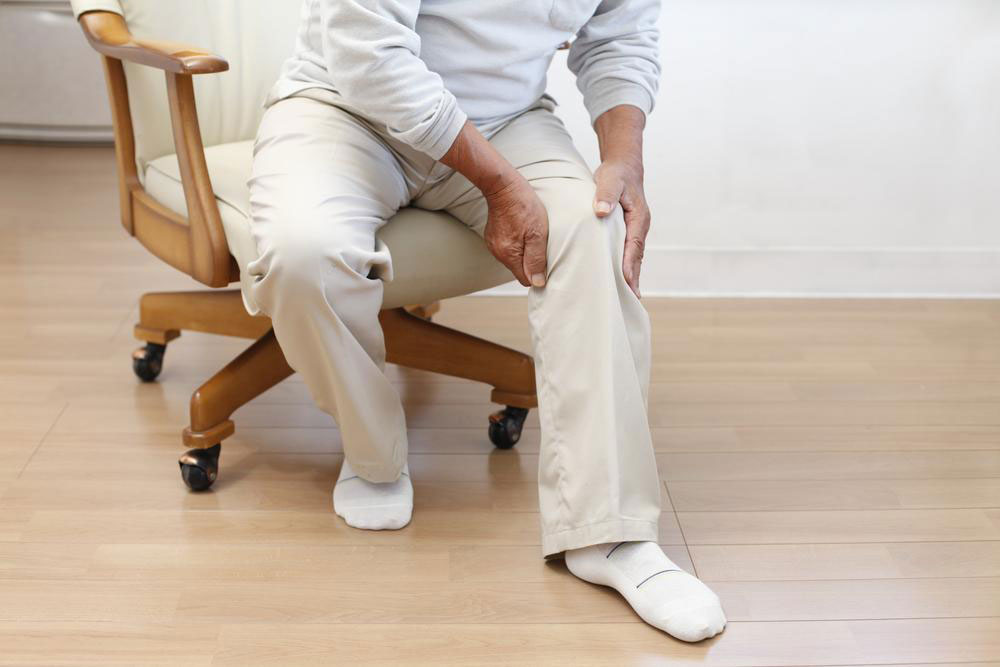Most heart diseases are caused by blocked, narrowed or thickened blood vessels or arteries. Arteries with plague build up prevent the heart, brain and parts of the body to receive enough blood. Heart diseases generally have some common symptoms however, they may vary in men and women. Check out some of the common types of symptoms of most heart diseases.
Angina
Angina pectoris in Latin means the squeezing of the heart.
Angina is or chest pain or discomfort or stiffness in the chest is the most apparent symptom in people suffering from a coronary artery disease. It is caused when a part of the heart muscle receives decreased supply of blood and oxygen. Similar discomfort or uneasiness may also be caused in the shoulders, necks, jaws or the back. Often angina pain is quite like that of gas and may be mistaken for indigestion. Several factors can trigger angina pain and therefore their symptoms may vary depending on the type of angina one has. Chest pain that is caused by exertion and fades with rest may not lead to a heart attack. This type of chest pain is called stable angina as it is somewhat predictable when the heart is made to work extra hard. Unstable angina or the one that shows up at any time during the day, amidst an ongoing activity like watching TV or taking a stroll, is a more dangerous type of chest pain that should be immediately attended to.
Dyspnea or shortness of breath
Shortness of breath is a symptom of a preexisting health disease. It is a common symptom of a heart disease however, it could also be related to a respiratory problem like allergy or pneumonia. Shortness of breath may be caused while at rest or during physical activity or exercise. Many people who suffer from heart ailments find it difficult to catch their breath during little or no activity. Shortness of breath may can also be associated with episodes of anxiety, dizziness, cough, neck pain and the like.
Profuse sweating
Heavy perspiration coupled with discomfort in the chest, jaws, neck or back may be an early sign of a heart attack. Sweating without any exertion may also be a symptom of onset of a heart attack.
Light-headedness
Wooziness when coupled with frequent episodes of fainting may be a serious symptom that should be addressed immediately. Several people suffer from dizziness or hypotension or a sudden drop in the blood pressure.
Disclaimer:The content provided on our blog site traverses numerous categories, offering readers valuable and practical information. Readers can use the editorial team’s research and data to gain more insights into their topics of interest. However, they are requested not to treat the articles as conclusive. The website team cannot be held responsible for differences in data or inaccuracies found across other platforms. Please also note that the site might also miss out on various schemes and offers available that the readers may find more beneficial than the ones we cover.





